
Three Takeaways from the 2017 Science Symposium
Even though the topics discussed at the 2017 Science Symposium were highly technical, there are some key takeaways for everyone impacted by anti-doping science and rules.
U.S. Anti-Doping Agency (USADA)
Click here to log in to the
Athlete Connect application
Click here to view your
test history and results

Even though the topics discussed at the 2017 Science Symposium were highly technical, there are some key takeaways for everyone impacted by anti-doping science and rules.
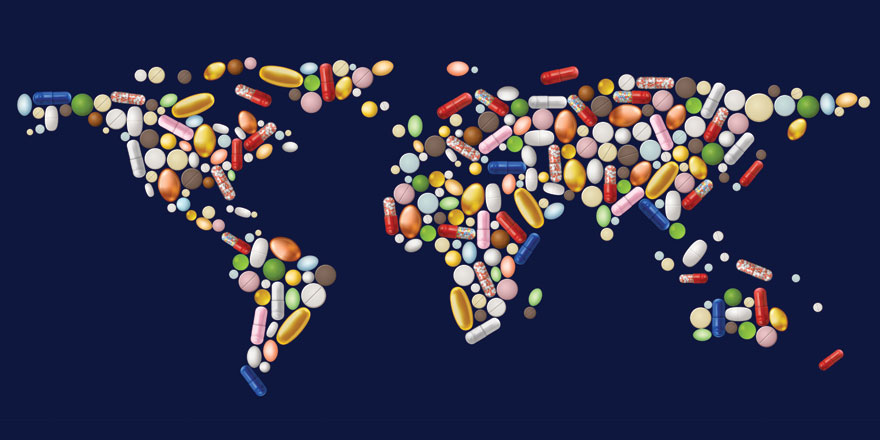
Under the World Anti-Doping Code, the World Anti-Doping Agency (WADA) issues an annual List of Prohibited Substances and Methods, known as the Prohibited List, which is one of five International Standards. WADA reviews scientific and medical research, while also consulting with others in the anti-doping community, to make annual updates to the Prohibited List.
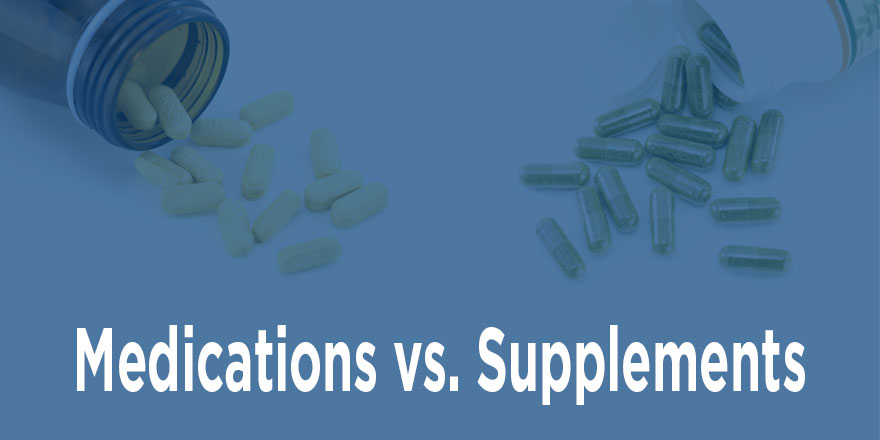
Given that they are both used for health purposes, it would be easy to assume that medications and supplements are regulated the same way and produced to the same standards, but unfortunately this is not the case. Unlike medications, supplements are regulated post-market, which means that no regulatory body evaluates the contents or safety of supplements before they are sold to consumers.

Following the resolution of a recent case involving zeranol, USADA would like to emphasize that there is an extremely small risk of encountering zeranol-tainted meat in the U.S. and subsequently testing positive in a doping control test.

Here are four reasons why you should be skeptical if you see “all natural” on a supplement label. Educate yourself and visit Supplement Connect.
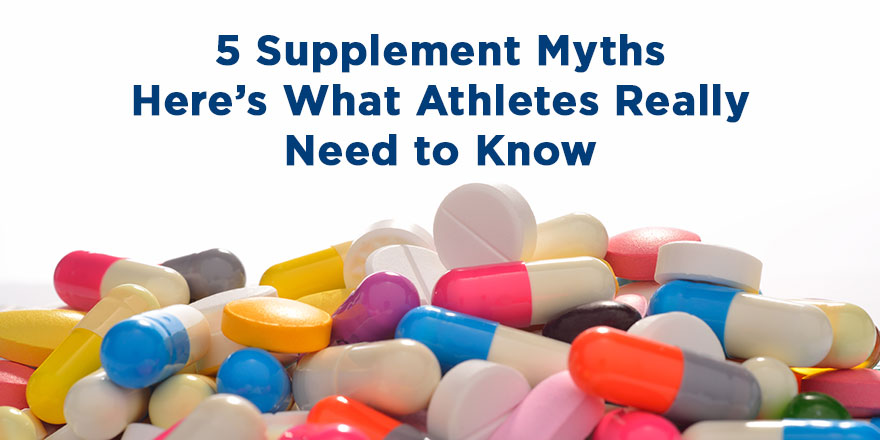
Among athletes and consumers alike, there is often a misconception that dietary supplements are safe because they go through a robust vetting process like medicines and medical devices. Unfortunately, that couldn’t be farther from the truth.
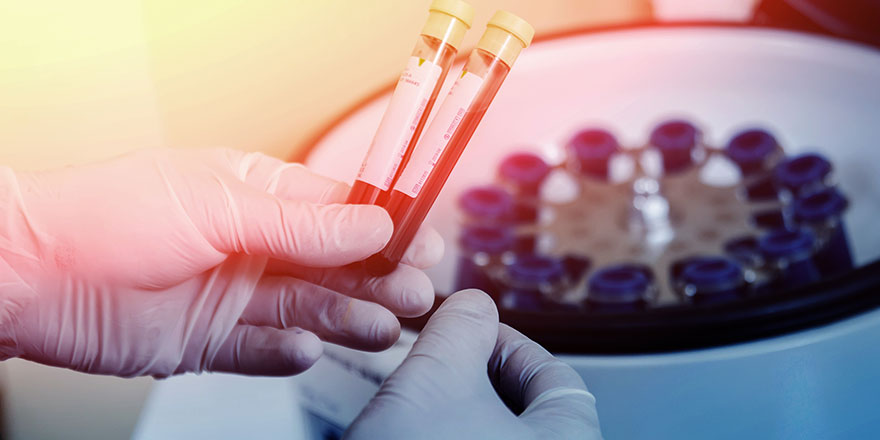
For athletes, the field of regenerative medicine has been of particular interest in recent years because it has been promoted as a way to recover from sports injuries faster, often through the use of biological substances like platelet rich plasma (PRP).
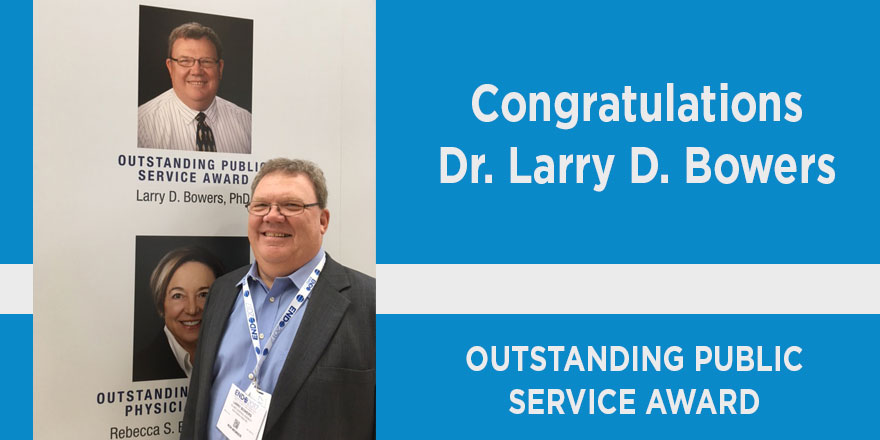
Following his retirement, USADA’s longtime Chief Science Officer Larry Bowers continues to be recognized for his critical contributions to anti-doping science.

Examples of manufacturers that have marketed seemingly low-risk vitamin and electrolyte supplements that contained dangerous and prohibited anabolic agents.
This is an necessary category.